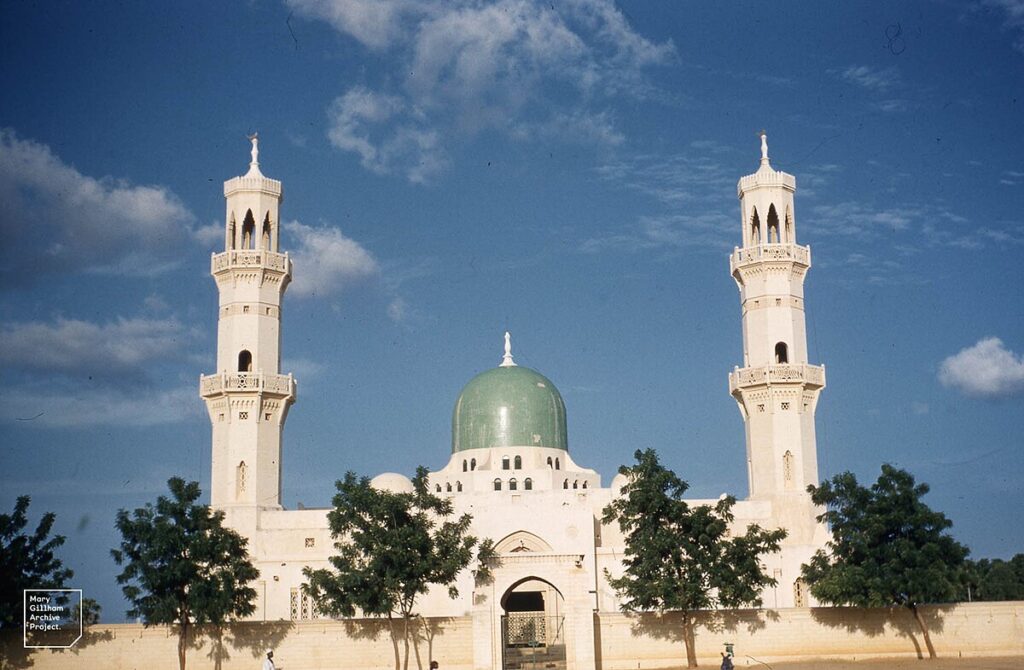I was raised Muslim in a deeply religious household in Kano, a city where faith breathes in every street, market, and home. In Kano, Islam is more than a religion—it is woven into the fabric of daily life, shaping identity, community, and morality. Growing up, I was surrounded by calls to prayer echoing from minarets, Quranic schools that taught reverence, and families bound by shared beliefs. Faith was not merely tradition; it was everything—my identity, my morality, my purpose.
As a child in Kano, I accepted this faith without question. I prayed diligently, fasted during Ramadan, and trusted that God’s will was the reason behind every event—good or bad. I believed that everything happened according to a divine plan, and that suffering, too, had meaning beyond human understanding.
But as I grew older, cracks began to form in this unwavering certainty. I saw children in Kano’s poorer neighbourhoods suffer hunger and disease. I witnessed heartbreaking accidents—families shattered, futures stolen in a moment. I heard the comforting words repeated: “These are tests from God,” or “God has a plan you cannot yet see.” But each time I heard those explanations, the hollow ring inside me grew louder. What kind of just, merciful God allows such pain to continue without relief or reason? How could a benevolent deity stand by while innocent people—children—starved or died from preventable causes?
This question haunted me. I sought answers. I read sacred texts with fresh eyes, I prayed more fervently, I spoke with imams and scholars who represented the faith that had shaped my entire upbringing in Kano. But the more I searched, the more I realized I was holding onto beliefs that no longer resonated within me. The faith that once brought comfort now felt like chains.
Letting go of belief was not a decision I took lightly. It was a painful unravelling of everything I once trusted, everything that defined me. It was as if the very ground beneath me shifted, and I was forced to navigate an uncertain landscape alone. When I finally admitted my disbelief, my parents—devout and loving in their own way—disowned me. That loss cut deep, severing the bonds I thought were unbreakable.
But amid this heartbreak, I discovered something profound. I realized I could no longer live a lie just to belong. Authenticity, I learned, demanded courage—a courage to face isolation, judgment, and pain.
Now, as an atheist from Kano—a city where religion permeates daily life—I stand with a new perspective. I don’t claim certainty about the universe’s mysteries. I don’t pretend to have answers to why we exist or what happens after death. But I believe deeply in morality—not born from fear of divine punishment, but rooted in empathy, reason, and shared humanity. I believe in humanism: that our responsibility is to care for one another because no higher power will intervene on our behalf.
Kano, with its rich history and vibrant culture, taught me the value of community and resilience. But my journey taught me that true community must be built on honesty, not conformity. It is through questioning, through doubt, and through struggle that I found a freedom I never imagined—freedom to think critically, to feel deeply, and to live authentically.
My journey to atheism was not a rebellion against my roots—it was an act of honesty and courage. It cost me dearly, but it gave me something greater: the power to define my own meaning, to seek truth without fear, and to embrace life in all its complexity.
By Aliyu
About the author:
Aliyu is a writer and thinker from Kano, Nigeria. Raised in a devout Muslim family, his personal journey led him to atheism—a path shaped by deep reflection, courage, and a commitment to honesty. He writes to share his story and to encourage open dialogue about faith, doubt, and humanism. When he’s not writing, Aliyu enjoys exploring Kano’s rich culture and engaging with communities around questions of belief and identity.


